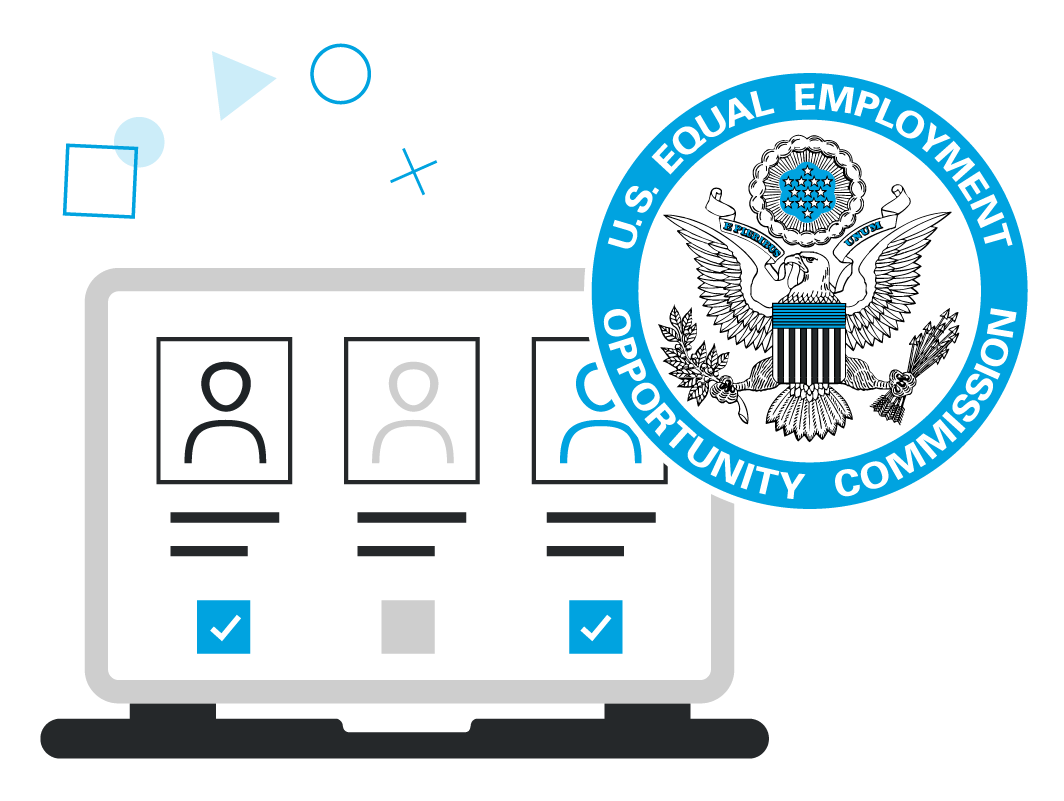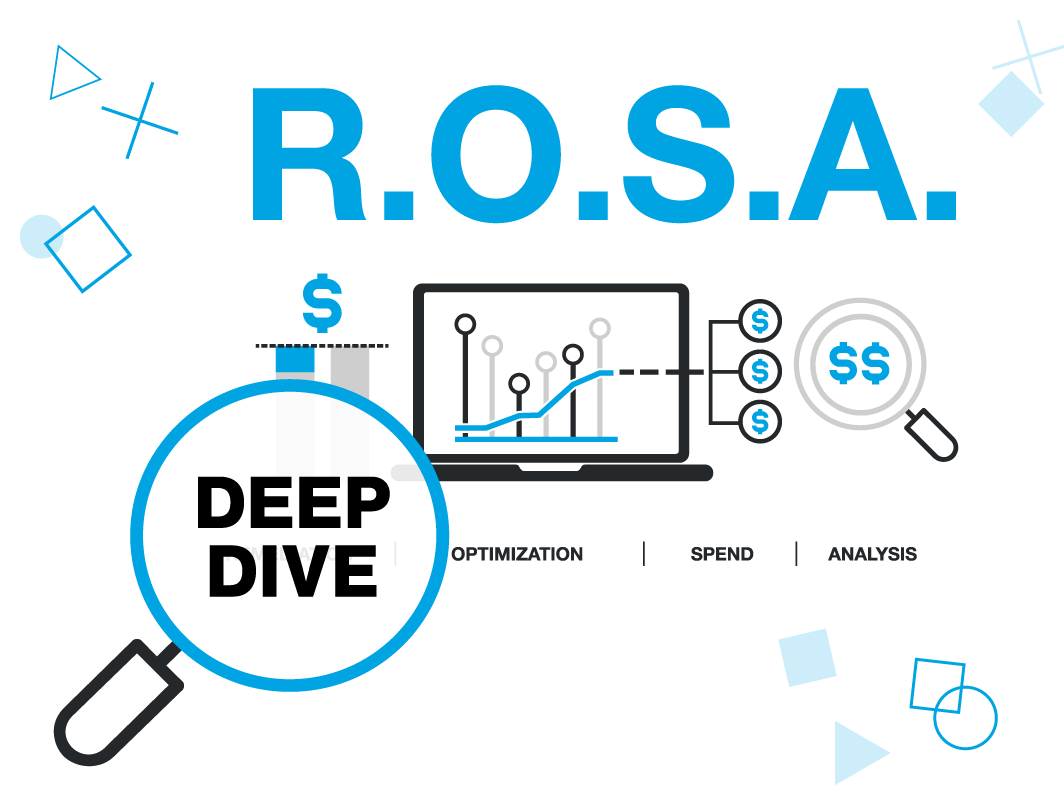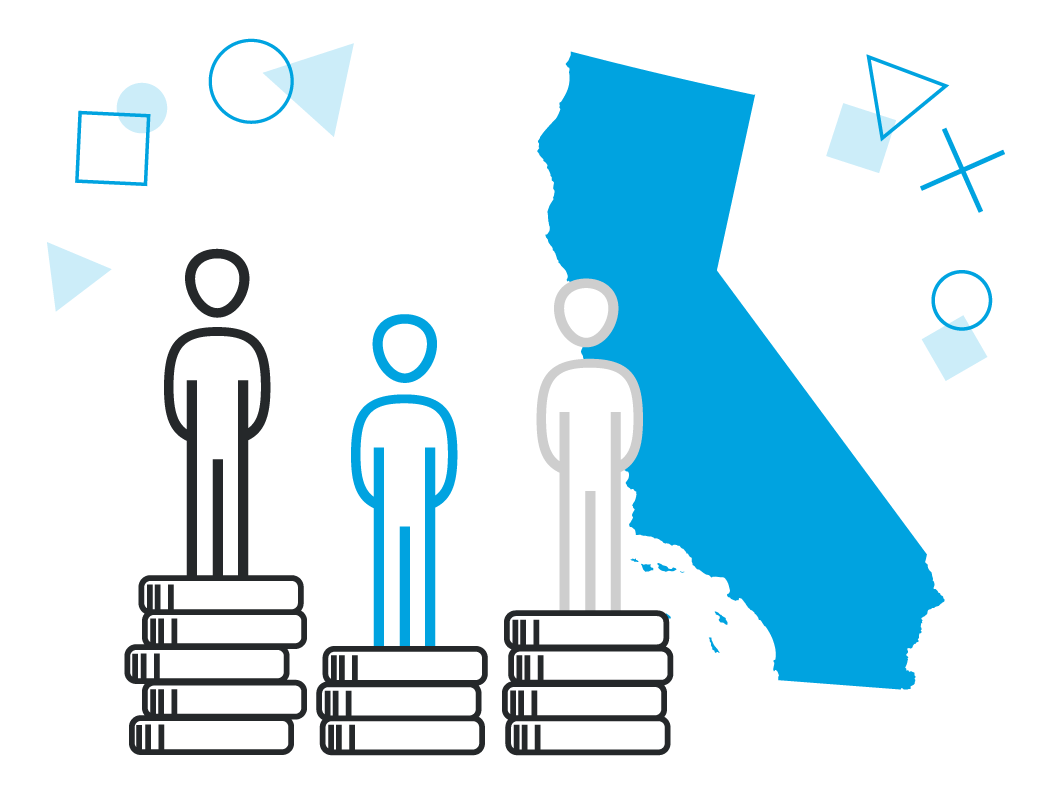
![]()
Australia’s national women’s soccer team, the Matildas, reached a deal in late 2019 in which they will finally be paid the same as the men’s soccer team, the Socceroos.
The four-year deal, officially called the Collective Bargaining Agreement (CBA) was signed betweenFootball Federation Australia and Professional Footballers Australia.
As a result of the agreement, the Matildas and Socceroos will receive a 25% share of an agreed aggregate of revenues generated by the National Team in 2019-20, according to a post by CNN. In addition, Matildas “will also receive an increase of prize money on qualifying for a FIFA world — they’ll now be entitled to 40% up from 30%, rising to 50% if they reach the knockout rounds.”
In an article by MTV News, Matilda Midfielder Elise Kellon-Knight commented on the CBA stating, “We always wanted to be treated equal, to be able to step out onto that pitch with equal opportunity and the equal facilities the men have been exposed to. Now we are going to be completely included.”
Australia’s women’s soccer team is part of a much larger theme taking place over the world in which other women’s soccer teams are speaking up and out about the pay disparity amongst male and female athletes.
Last year the U.S. Women’s National Soccer Team (USWNT) filed a gender discrimination lawsuit against USSF in the United States District Court in Los Angeles under the Equal Pay Act and Title VII of the Civil Rights Act.
The lawsuit was filed on behalf of the 28 members of the women’s national team. The lawsuit is asking for class-action status, which would allow former national team players from 2015 onward to participate. The lawsuit ends a 2016 complaint to the U.S. Equal Employment Opportunity Commission (EEOC) by some members of the women’s national team, which resulted in the EEOC advising the players they had the right to sue the USSF over pay discrimination issues.
The class-action lawsuit will not be heard until May 2020. Already their efforts have already had some impact. FIFA announced in October last year its plan to invest an additional $500 million into women’s soccer over the next four years, totaling $1 billion.
Other female athletic organizations are coming forward as well. Last month, the Women’s National Basketball Association (WNBA) announced a tentative deal that would boost player pay and guarantee full salaries while on maternity leave, amongst other important benefits.
And so the pay equity movement continues to take shape. From professional athletes, to technology giants, everyone is getting involved in the pay equity conversation. Employers too have a part to play.
Electing to undergo a comprehensive pay equity audit is a great place to start for organizations. A pay equity audit can identify pay differences between employees that cannot be explained due to job-related factors. Learn more about the pay equity audit process with a free Pay Equity Consultation.



